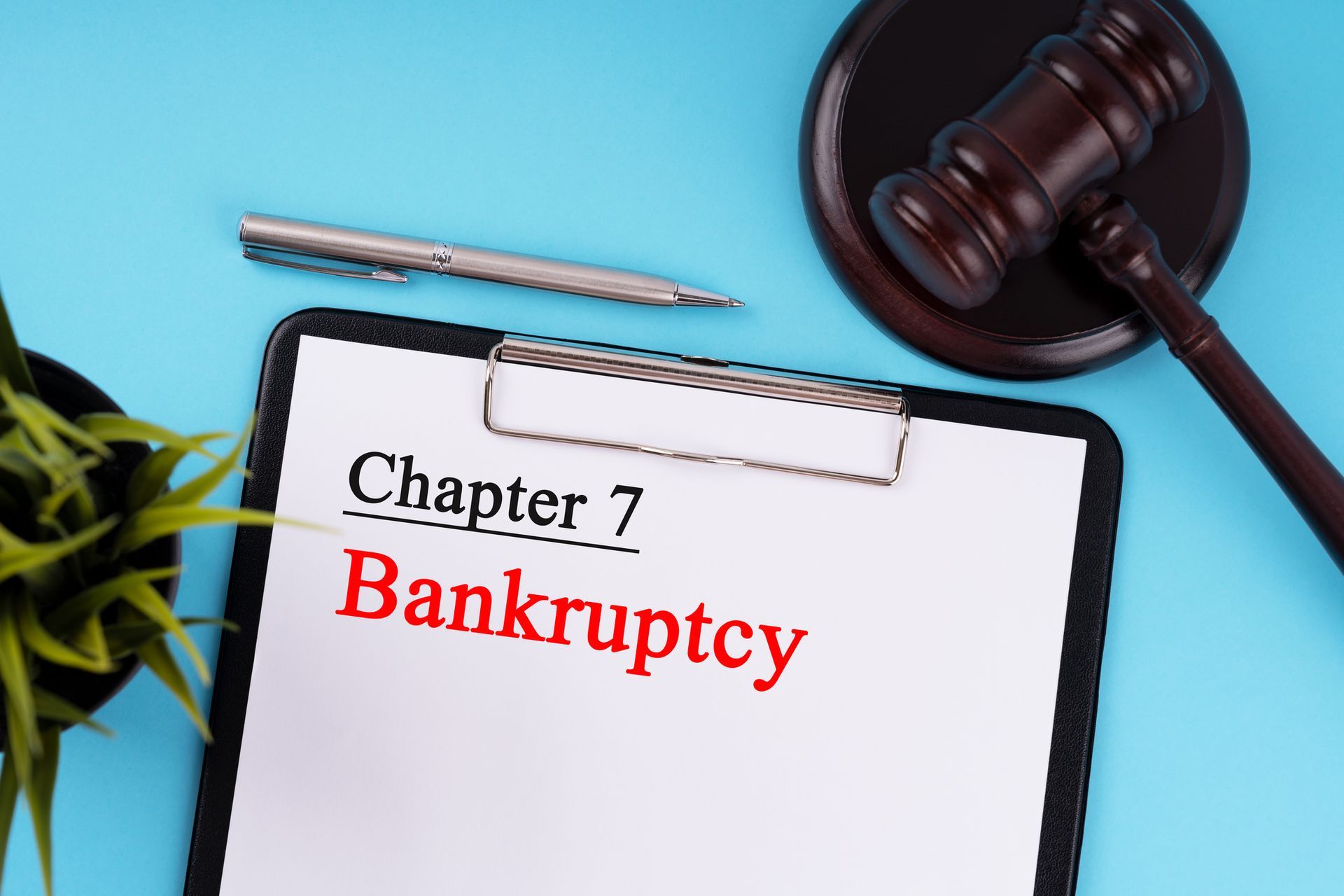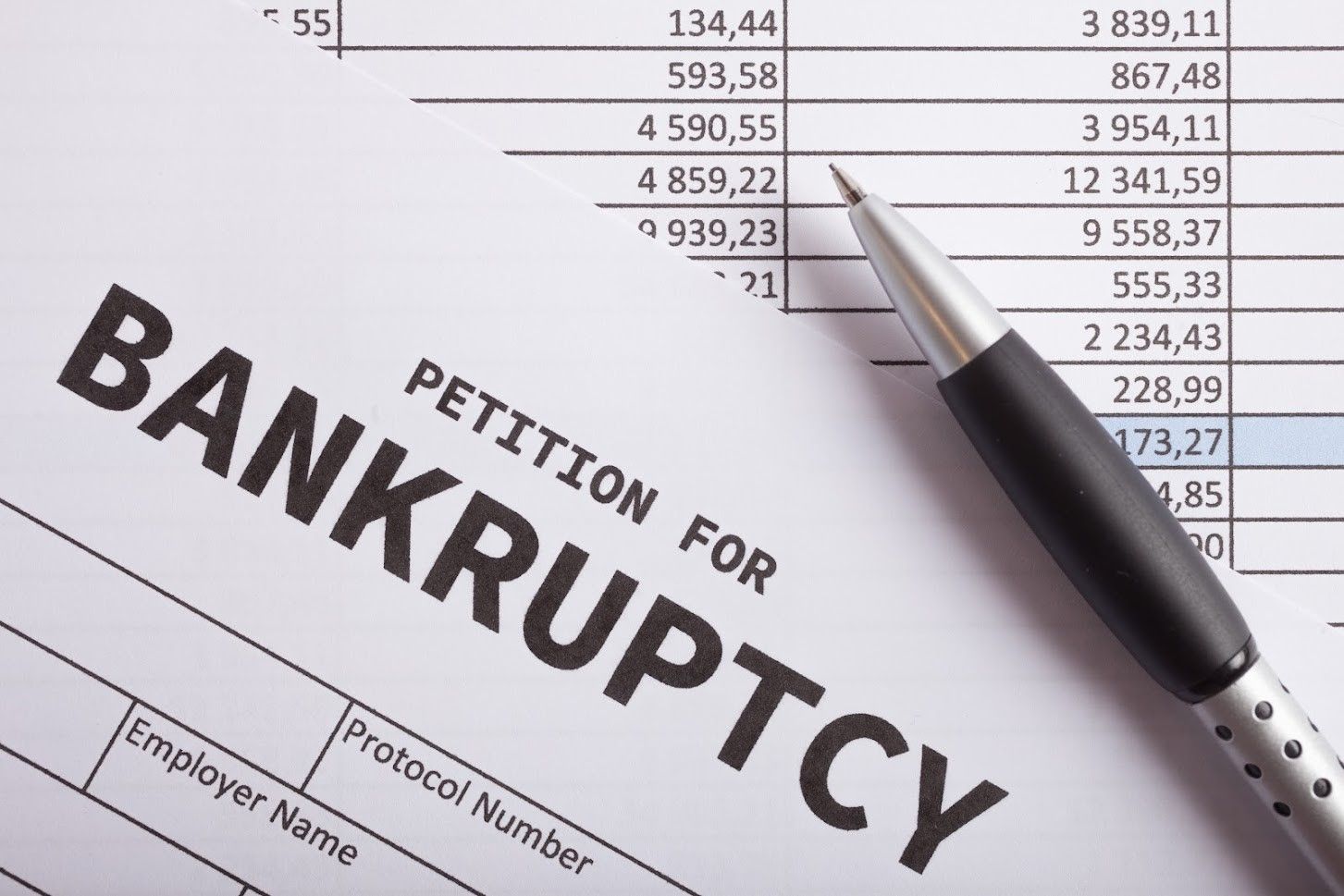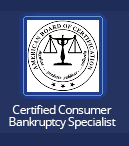Battling Debt? The High Risks of Debt Negotiation and Settlement

If you struggle with debts, many companies attempt to sell their services as a solution to your financial difficulties. Chief among these are debt settlement or debt negotiation companies. These companies offer to convince unsecured creditors to accept as full payment a mere fraction of the amount you owe.
The problem for many is that this method of trying to deal with debt has many downsides. What are some of the biggest risks? And how can you make smart choices instead? Here are a few answers.
The Credit Risks of Settlement
Debt negotiation largely depends on the practice of piling up money in an account. When the account is sufficiently high, that money can help to try negotiate with each creditor for a lump sum payment considered paid in full. While filling this account, you are often advised to stop paying the creditors.
While this method may eventually make companies more willing to negotiate, this also may severely affect your credit rating. Even after debts are settled, bad credit will often follow you for years. You will likely find it hard to get new credit, you'll often have to pay higher rates, and you may be denied such things as rental opportunities.
The Tax Risks of Settlement
When you have cancelled or forgiven debts, you do still have a bill when all is said and done. What type of bill is this? A tax bill. Any business that writes off a portion or all of a debt - more than $600 - generally sends you a Form 1099-C at tax time. The amount forgiven is considered taxable income.
Since those with serious debt issues are likely to have thousands of dollars written off, the tax ramifications can eat into a refund or even cause a balance due. And income taxes are much harder to discharge than most other forms of debt.
The Legal Risks of Settlement
Taking the time to build up a stash of money and failing to pay down your debts creates a high chance that creditors will take legal steps. Those legal steps may include notices and phone calls leading eventually to being sued for the amount owed. If you lose in civil court, your wages, Social Security, or bank accounts could be seized to pay creditors.
The Financial Risks of Settlement
While you build up the financial foundation for negotiating with creditors, debts continue to accumulate. Not paying on any debt generally means that the principal will never go down, interest will continue to accrue (often at a higher rate once you develop a bad history), and other fees may be assessed. In addition, settlement companies often charge high fees for their services.
If you can successfully negotiate a smaller lump sum, most added costs may not be a huge issue. But creditors are not required to negotiate, and some won't do so - particularly if a debt settlement company is involved. If the plan fails, you are left with the consequences.
Find Better Options
If the downsides to potentially settling unsecured debts are enough to put you off, what other choices do you have? Legal assistance can help you negotiate on your own with creditors without ruining your credit. You may also benefit from debt consolidation or financial counseling services.
One of the oldest and most viable methods for resolving serious financial challenges is bankruptcy. Once you file for bankruptcy, collection efforts stop - including legal action. Many unsecured debts are completely dischargeable, freeing up your monthly budget without losing more money. And bankruptcy means that forgiven debt is not usually taxable income.
At Charles J Schneider PC, our friendly professionals are ready to help you find the right solution to your debt problems. Call today to learn more about bankruptcy as well as other debt relief options.























